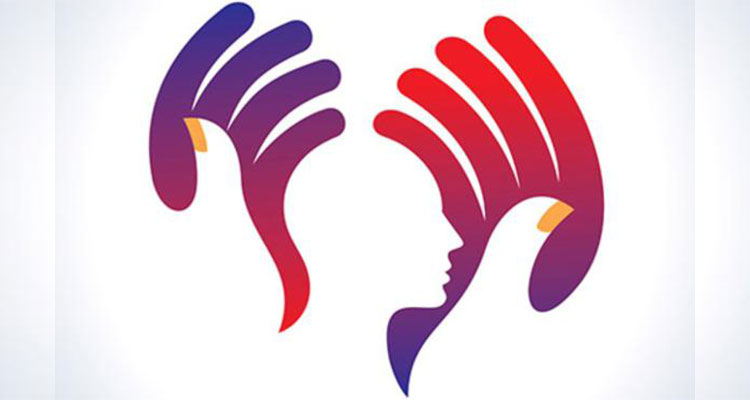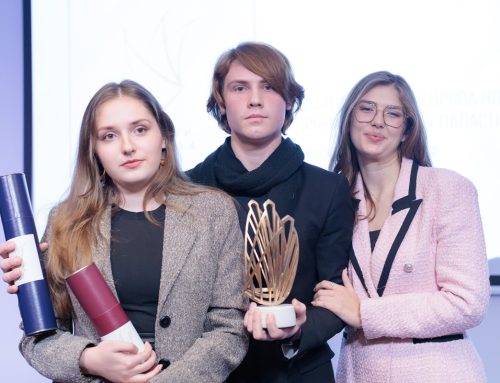On 28 May 2018, the Council of the EU adopted the EU’s annual report on human rights and democracy in the world in 2017.
In 2017, human rights remained at the heart of the European Union’s external action, and the EU reaffirmed its role as a leading global proponent of the promotion and protection of human rights.
The EU continued to oppose firmly any unjustified restrictions of the rights of freedom of association and peaceful assembly, as 2017 saw a continued backlash against civil society. The EU strongly supported an enabling environment for non-governmental organisations and human rights defenders through bilateral dialogues including human rights dialogues, financial support and in multilateral fora.
2017 marked a milestone on the EU’s global work with the rights of the child with the update of the guidelines on the promotion and protection of the rights of the child, which date back to 2007.
The 2017 annual report sets out the efforts of the EU, including through its global network of delegations, to promote and protect the universality of human rights across the world. Unlike previous years, this report does not include a geographic part with specific observations on all third countries but human rights updates for each country can be found on the European External Action Service’s (EEAS) and delegations’ webpages.
Serbia
„Country updates on human rights and democracy 2017” reported on Serbia:
“The legislative and institutional framework for upholding human rights is in place. However, consistent and efficient implementation of legislation and policies throughout country is urgently needed. In addition to making substantial efforts to uphold freedom of expression, Serbia should strengthen human rights institutions and guarantee their independence, step up actions to protect the rights of the groups facing discrimination, including lesbian, gay, bisexual, transgender and intersex (LGBTI) persons, people with disabilities, people with HIV/AIDS and other vulnerable groups, give higher priority to the rights of the child, develop a comprehensive approach for the protection of national minorities by implementing its action plan on national minorities consistently across the country and amending the legal framework by means of an inclusive and efficient process, and efficiently implement and monitor the strategy and action plan for Roma inclusion.
In 2017, the EU continued to implement a number of projects under the IPA programme to support anti-discrimination policies and to improve the situation of vulnerable people, including Roma, refugees and internally displaced persons. In 2017, regarding Roma inclusion, there were several projects ongoing, with a total value of EUR 11.4 million. In June 2017, the twinning project – Support to the advancement of human rights and zero tolerance to discrimination ended. It lasted 20 months with a total value of EUR 1.2 million.
In the context of the Civil Society Facility ten grants were awarded to the civil society organisations in December 2017 with an overall value of EUR 2.3 million. 10 projects funded under the Civil Society Facility 2015 for an overall amount of EUR 3.5 million were implemented in 2017. Support in the form of long term grants, which include capacity building of grassroots organisations will increase the effectiveness of the Serbian civil society organisations in undertaking initiatives focused on rule of law, regional cooperation and the civil society participation in the process of negotiations in Serbia and policy monitoring.
9 projects funded under the European Instrument for Democracy and Human Rights (EIDHR) for an overall amount of EUR 1.75 million were signed in December 2017. These projects focus notably on protection of minorities, rights of LGBTI persons, gender equality, children’s rights, and rights of persons with disabilities, prevention of torture and protection of human rights defenders.




